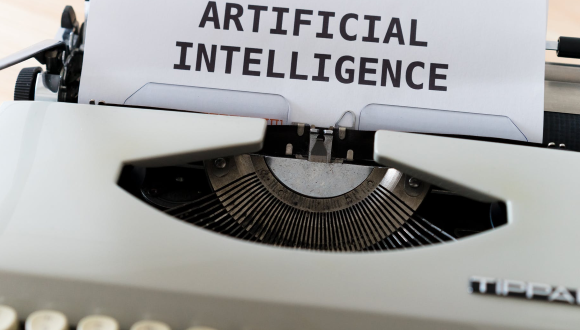The Politics of Artificial Intelligence Regulation and Governance Reform in the EU
https://us02web.zoom.us/j/84916968837?pwd=WEdYNlo0Q0xvdUI0S3QvOHY4dDgvdz09
ͯ לינק זה ישמש לכל המפגשים בסימסטר א'
תקציר
‘Some say China has all the data and the US has all the money. But in Europe, we have purpose’ (Executive Vice-President for A Europe Fit for the Digital Age)
המחקר בוחן גורמים ותהליכי רפורמה לרגולציה ומשילות סיכונים של בינה מלאכותית באיחוד האירופי. החל מ- 2016 האיחוד האירופי החל לפתח מדיניות רגולטורית במטרה ליצור אמון בטכנולוגיה וגישה 'ממוקדת צרכי אנוש' (‘human-centric approach’). רפורמה זו היא בעלת חשיבות תיאורטית ורלוונטיות למנהל ציבורי. אף על פי כן ולמרות שסקטור הבינה המלאכותית הוא מרכזי בכלכלת האיחוד, השחקנים המעורבים בעיצוב המדיניות, עקרונות הרפורמה, מוסדות פוליטיים ותהליך המדיניות טרם נחקרו. שאלת המחקר היא כיצד ניתן להסביר את הרפורמה המתהווה? המחקר בוחן את תהליך המדיניות משלוש נקודות מבט תיאורטיות והיפותזות נלוות: אסטרטגית תחרות בכלכלת ידע גלובלית, מבנה מוסדי והעדפות של חלק מהמדינות החברות לקביעת כללי הסחר בשוק העולמי. אני טוענת כי שלושת הגורמים מהווים מרכיב חשוב ברפורמה וכל אחד מהם מסביר שלב נפרד בתהליך עיצוב המדיניות: הגדרת הבעיה (problem definition), קביעת סדר היום (אג'נדה) (agenda-setting) וקבלת החלטות (decision-making).
This research explores political drivers and policy processes of the EU’s regulatory and governance reform for Artificial Intelligence (AI) risks. Since 2016 the EU has been developing a regulatory policy to tighten control and to ensure human-centric, trustworthy approach to AI. This policy evolution is of theoretical interest as well as of public governance relevance, addressing the links between risk regulation and digital technologies in Europe. Although AI is among the largest EU regulated industries and a policy domain in which EU activities continue to grow, political perspective (actors, institutions and processes) remain underexplored. The aim of this research is to address the question: what accounts for the regulatory and governance reform on AI? It explores the emergent policy at the EU-level from three theoretical perspectives and a set of derived testable hypotheses concerning the co-evolution of global economic competition, EU actors’ preferences and institutional structure. I argue that all three are key drivers shaping the AI policy reform and each explains some aspect of the policy process: motivation, agenda-setting and decision-making.


